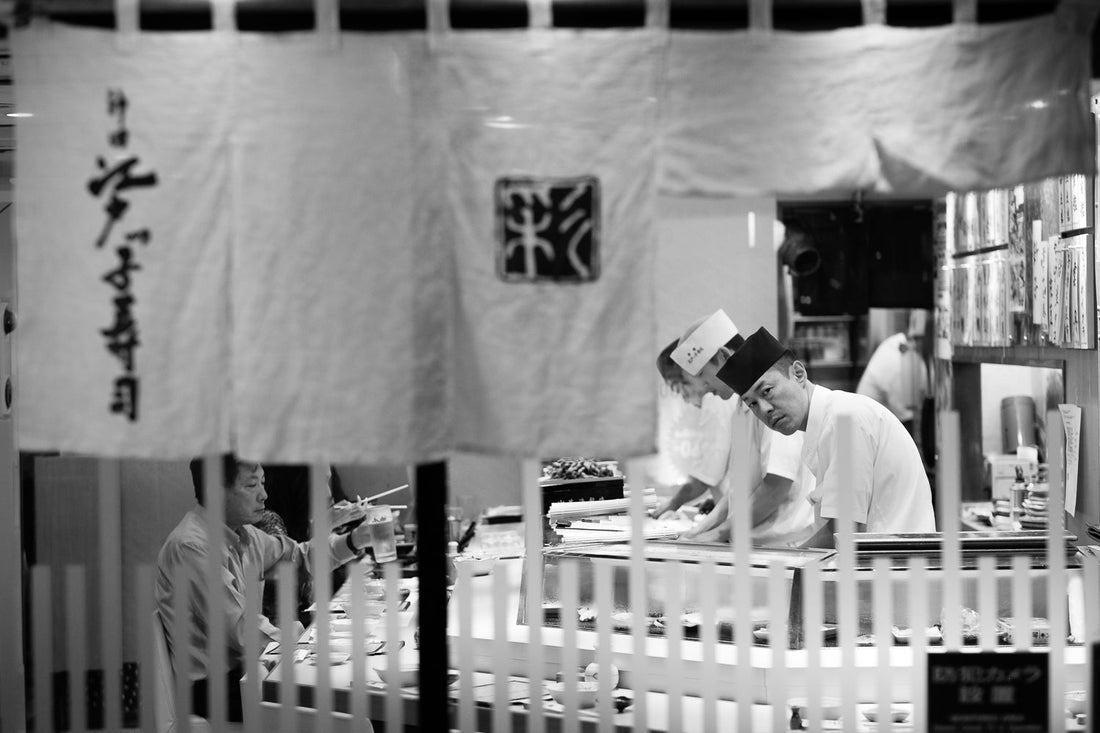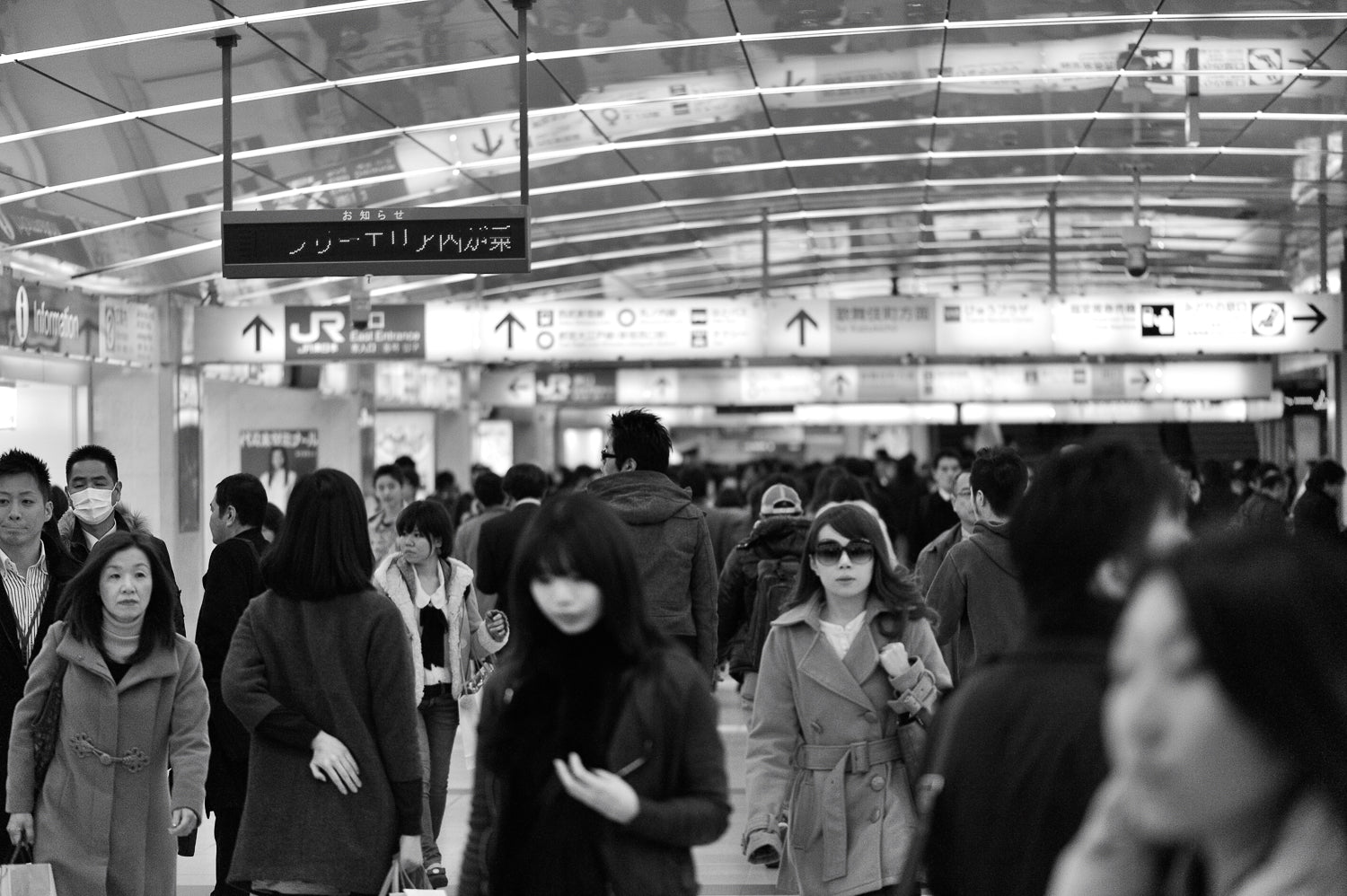Get Lost In Tokyo II: 10 Key Phrases for Everyone.
Davis Jefferson Austin
Let's Get Lost In Tokyo Toegether
Get Lost In Tokyo is a group of articles dedicated to helping travelers get the most out of their time in Japan's capital city. Article three, Tokyo The Safest City on Earth can be read here.
10 Key Japanese Phrases Anyone Can Learn
Learning Japanese is difficult at best. Language is a lifelong learning process, and my household is multilingual. We all learn something new every day, regardless of our current level of proficiency. No one understands how difficult it can be to travel in Japan with limited language skills than myself. I have curated a list of 10 key phrases that are both helpful and simple to learn.
Japanese people appreciate it when foreigners speak Japanese. Don't worry too much about getting everything perfect; effort is what truly matters. The list is divided into categories such as greetings, politeness, and everyday usage.
Greetings:
Hello - Konnichiwa (こんにちは)
Pronunciation: kohn-nee-chee-wah
Typically used from mid-day to later afternoon as a standard greeting, but can be used any time.
Good Morning - Ohayo Gozaimus ( おはようございます)
Pronunciation: Oh-Ha-Yo Go-Za-ee-Ma-es
Typically used from in the mornig hours until mid-day. A polite way to say good morning.
Good Evening - Konbanwa (こんばんは)
Pronunciation: kohn-bahn-wah
A great way to say good evening, used after the sun sets.
Goodbye - Sayōnara (さようなら)
Pronunciation: sah-yoh-nah-rah
Valid any time of day when leaving one location for another.
Politeness:
Thank you - Arigatou Gozaimasu (ありがとうございます)
Pronunciation: ah-ree-gah-toh goh-zah-ee-mahs
Always good to say that. When ever anyone does anything for you. It is a polite society; you really can not say this enough.
Please - kudasai (ください)
Pronunciation: koo-dah-sigh
This is the most common form of "please" when asking for something. Although there are more polite ways to say "please," this is the most common and will be appreciated in most situations.
Excuse me/ I'm sorry - Sumimasen (すみません)
Pronunciation: soo-mee-mah-sen
A great thing to say when to get someone's attention or to apologize. For example, if a drink is spilled, sumimasen will bring attention to the staff and apologize for the spilled drink.
Delicious - Oishii (美味しい)
Pronunciation: oh-ee-shee
This can be said in all situations regarding delightful food or drink.
Everyday Use:
How much is this? - Ikura desu ka? (いくらですか?)
Pronunciation: ee-koo-rah deh-soo kah?
Use in a market or store when unsure of the cost of an item.
I'll take it - Sore o moraimasu (それをもらいます)
Pronunciation: soh-reh oh moh-rah-ee-mahs
When you wish to purchase something, mainly when it is behind glass or requires staff to help.
Check, please - Okaikei onegaishimasu (お会計 お願いします)
Pronunciation: oh-kai-kay oh-neh-guy shee-mahs
It's great to use at a restaurant. Staff may delay bringing the bill if there is still food or drink remaining on the table. This is a polite way to indicate that you have finished and are ready to leave.
I use these phrases daily while giving photo tours and workshops in Tokyo. Remember, effort is key here. If you say the wrong thing or it sounds funny to your ears, do not worry. Everyone here will be happy to hear you speak Japanese.
I encourage everyone to explore Tokyo and all it has to offer. Tokyo Photo Tour provides individual and group tours. Good luck, and have fun on your Tokyo adventure.

